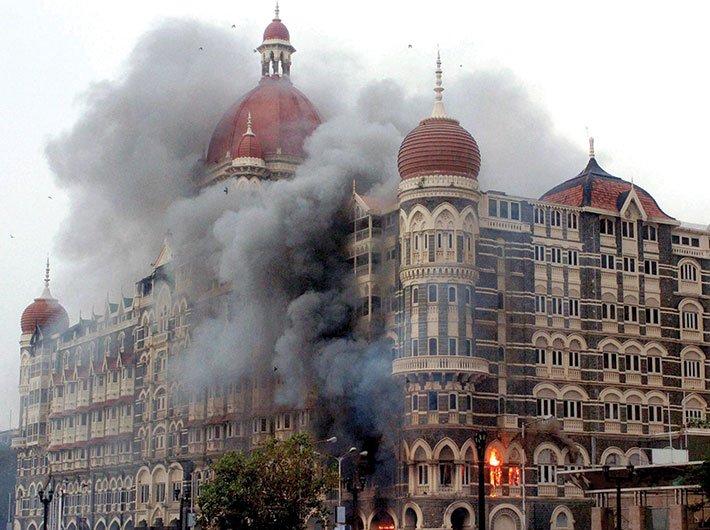Integrating databases of intelligence agencies with other utilities like railways and banks is delayed
Eight years after the Mumbai terrorist attack where 164 people were killed and over 300 injured, Indian government is struggling to integrate databases of intelligence agencies with those of railways, airlines and banks, among others to analyse and preempt such events.
Frustrated by slow implementation of the national intelligence grid (Natgrid), the ministry of home affairs has sought help of department of electronics and information technology under the ministry of communications and IT (DeitY) to help in rolling out the project.
On June 12, the home secretary LC Goyal wrote a letter to DeitY secretary RS Sharma, requesting for the support of national informatics centre (NIC), the technical arm of the communications and IT ministry, for implementing Natgrid.
The plan is to integrate 81 databases. The user agencies will have a secured, encrypted connectivity with the databases of provider agencies.
“Although the project was envisaged in 2009 but due to various reasons, its implementation has got delayed,” Goyal said in his letter to Sharma. The home secretary requested Sharma “to kindly issue instructions to DG, NIC to formally engage with NATGRID, a project of national importance”. An MoU is also likely on the project implementation.
On June 4, special secretary with the home ministry and Natgrid CEO Ashok Prasad, wrote to DG, NIC, requesting participation of senior NIC officials in the advisory group constituted for Natgrid. “Although the detailed project report was prepared in 2010, rapid advancement in technology have opened up new horizons on the technological front. In order to ensure that state of the art systems are incorporated into Natgrid, it is proposed to set up an advisory group in Natgrid comprising of domains experts in hardware, network, software, storage and security to guide the process.
After 26/11 attack, according to the home ministry, an urgent need was felt for the creation of a national level platform for facilitating, comprehensive cross spectrum investigation and follow up of threat intelligence. “In this context, Natgrid was conceptualized as a powerful framework leveraging information technology for linking the host distributed databases held by different agencies and exploiting the big data framework to facilitate access, collation, analysis, correlation, prediction and dissemination of contextual information about terror related activities,” a home ministry official said.
The project aims to integrate databases of 10 law enforcement agencies, LEAs (referred as user agencies in Natgrid’s context), and that of 22 provider agencies including banks, telecom and internet service providers, railways, airlines and future databases. The LEAs include intelligence bureau, research and analysis wing, central bureau of investigation, narcotics control bureau, enforcement directorate, central board of direct taxes, director general of central excise intelligence, central board of excise and customs, directorate of revenue intelligence and financial intelligence unit.
The cabinet committee on security (CCS) approved Rs 1002.97 crore on June 14, 2012. After one year, the CCS approved the construction of Natgrid infrastructure – data centre, BCP and disaster recovery – at an estimated cost of Rs 346 crore. While there is no factual information available about how much fund has been utilized so far by Natgrid, an official related to project implementation told Governance Now that the data centre and other infrastructure related work has mostly remained on papers.
The CCS also granted a two year extension to the project from June 2014. It is highly unlikely, however, that the project would be rolled out before 2017, the official said.
It is unfortunate that government has not been able to put a system in place to strengthen the anti-terror efforts of the security agencies. It is in complete contrast to the US response to September 11 attacks wherein the country restructured its security apparatus and formed a new homeland security department to thwart such events.

